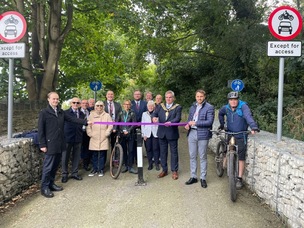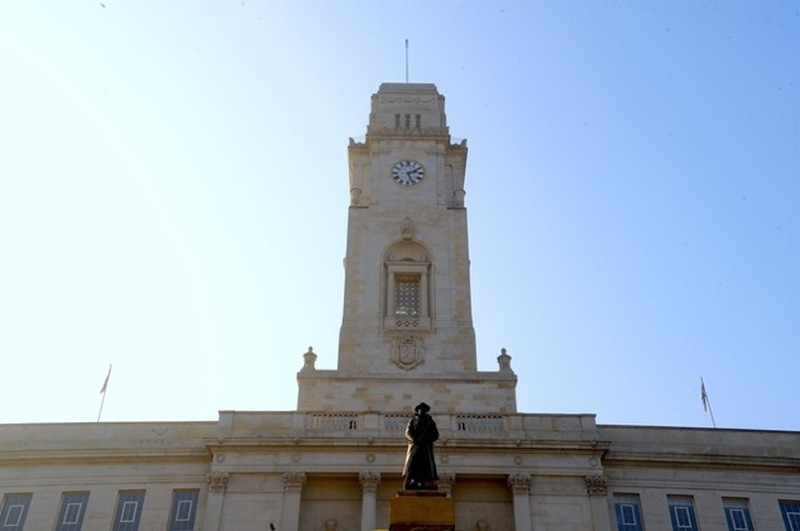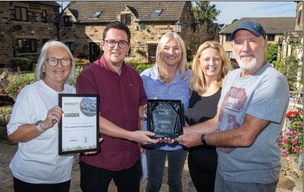A GYPSY family whose long-running bid to create a pitch in green belt woodland - which saw a four-year legal battle ensue with Barnsley Council - were just one of three to successfully overrule planning bosses over 12 months, a new document has revealed.
The site, in Worsbrough Wood, is covered by a preservation order and - despite a planning application being refused by councillors - work on readying the site continued despite threats of legal action by the council.
Planning bosses’ initial refusal in 2020 cited the scheme - submitted by Christian Smith and Alice Doran - as being ‘harmful to the character and appearance of the conservation area and neighbouring Grade II-listed Worsbrough Hall’.
The couple - who have two young children - did not accept the ruling, which led to the installation of concrete blocks to stop the use of access routes, but these were subsequently moved by the occupants before legal threats were made.
Following an investigation by the Planning Inspectorate, the family’s been granted a temporary three-year stay on the land - just one of three appeals lost by the council in the financial year.
The decision, outlined in planning board documents which will be discussed at Tuesday’s meeting, will set a ‘dangerous precedent’, according to councillors who initially refused consent.
A Planning Inspectorate report said: “The appeal site and listed building are sufficiently close to one another that the pitch and one or other of the buildings would each be visible from certain points along Worsbrough Road and Hall Close.
“Conditions limiting the number of caravans stationed, the size of vehicles parked and preventing commercial activity on the site are all required in the interests of helping to safeguard the character and appearance of the area.
“In principle it is considered that a temporary permission would serve to reduce the severity of harm relating to the site.
“It would also allow for an increased possibility of alternative suitable sites becoming available within the borough, having regard to the likely timescale for the delivery of sites allocated in the council’s local plan.
“On this basis, personal planning permission, limited to a temporary three-year period, is appropriate.
“For the avoidance of doubt we would have arrived at the same conclusion even if it had been found there was a five-year supply of deliverable sites, because of the present situation regarding immediate unmet need.”
When the three-year term ends, the families will have the right to apply to the council to extend the term, or put the land back to its original state.
“The appellant has referred to the constraint imposed by the high proportion of land in the borough that is in the green belt, some 77 per cent.
“There can be no doubt that if the appeal was unsuccessful it would take away a settled base for the family, who may potentially need to resort to living on the roadside and face disruption to their general healthcare and their daughter’s educational provision as a result.”




























